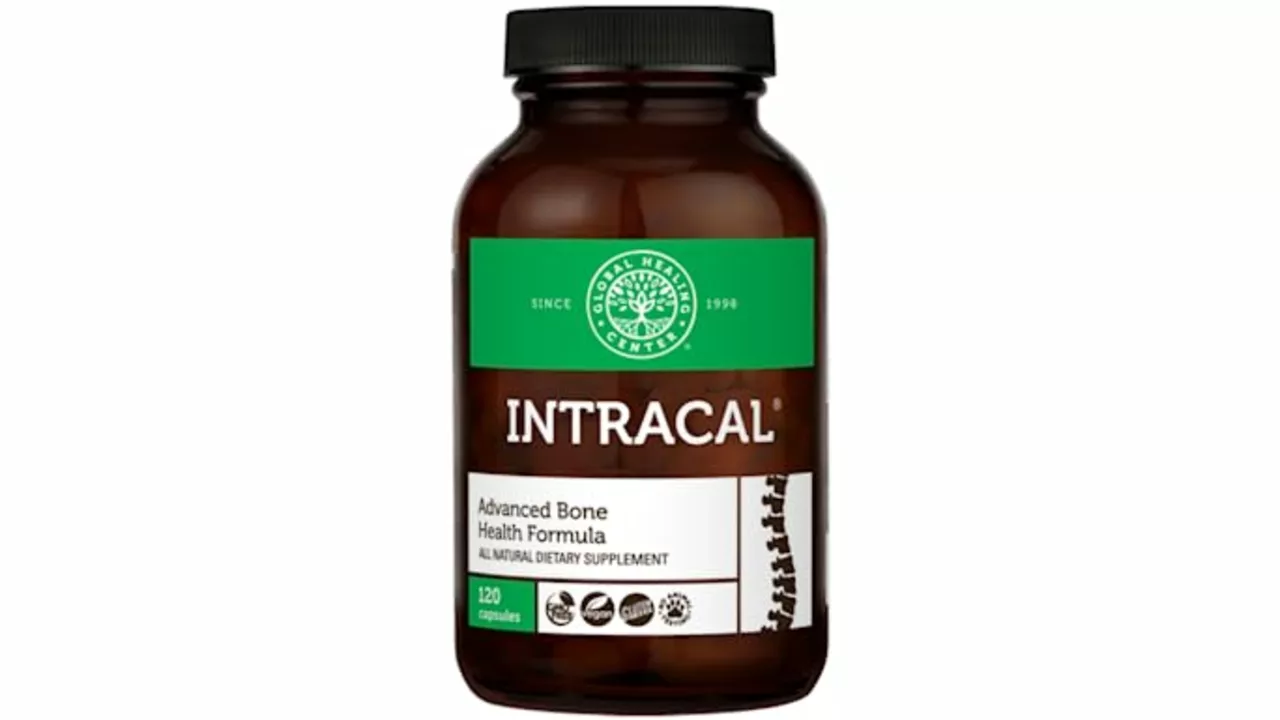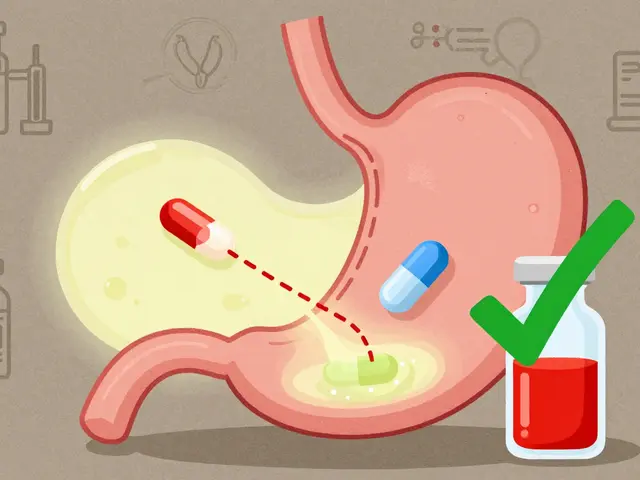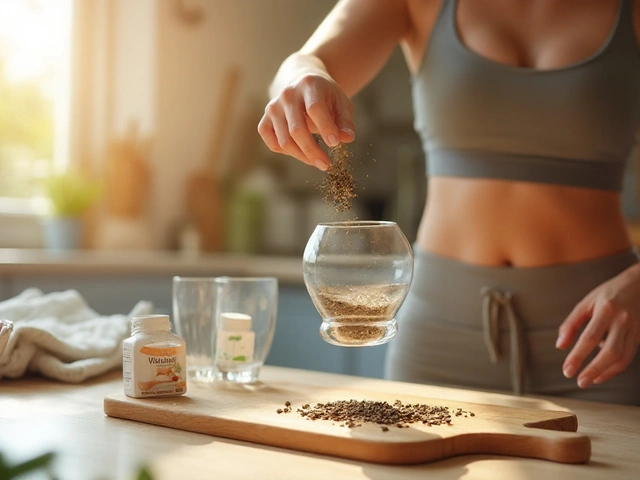Improved Digestion: Practical Tips to Calm Your Gut Fast
Stomach acting up more than it should? Better digestion isn’t about magic pills — it’s about a few simple habits you can use today. Small changes to how you eat, move and sleep often cut bloating, slow digestion and painful cramps a lot faster than complicated diets.
Daily habits that help digestion
Start by chewing. Seriously—chew slowly and aim for 20–30 chews per bite. That helps enzymes break food down and reduces gas. Eat on a calm schedule: regular meals every 3–4 hours trains your gut and keeps appetite steady. Avoid eating while stressed or rushing; stress tightens muscles and slows digestion.
Move after meals. A 10–20 minute walk gently stimulates gut motility and lowers bloating. Aim for 30 minutes of moderate exercise most days to keep things regular. Drink water throughout the day, but don’t gulp a litre with your meal—small sips are better during eating and a full glass 30 minutes before helps digestion.
Sleep matters. Poor sleep changes gut bacteria and slows recovery. Try to get 7–8 hours and keep a regular bedtime. Finally, track what you eat for two weeks. A simple food diary helps you spot triggers like dairy, beans, fried food or artificial sweeteners.
Foods and supplements that actually work
Eat more fiber, but pick the right kind. Soluble fiber (oats, apples, carrots) soaks up excess water and helps stool move smoothly. Insoluble fiber (whole grains, nuts) adds bulk but can irritate sensitive guts—introduce it slowly. Fermented foods like yogurt, kefir, sauerkraut and tempeh bring live bacteria that often improve digestion. If you try a probiotic, choose one with strains backed by studies (Lactobacillus or Bifidobacterium) and use it for at least 4 weeks to see a change.
Herbal helpers: ginger eases nausea and speeds stomach emptying for some people. Peppermint can relax gut muscles and reduce cramps, but avoid it if you have reflux—peppermint can worsen heartburn. Chamomile and fennel tea soothe mild upset after meals; many readers find one cup after dinner noticeably calming.
Avoid obvious triggers: large greasy meals, heavy alcohol, smoking, and sugary drinks. If fiber causes gas, cut back and add it slowly. If you’re on antibiotics, ask your doctor about probiotics to reduce diarrhea risk. Some medicines—NSAIDs, certain supplements, and some blood pressure drugs—can affect digestion, so check with a clinician if problems start after a new medication.
If you still struggle with frequent pain, bleeding, unexplained weight loss, or persistent vomiting, see a doctor. Those are signs you need tests, not home remedies. For everyday discomfort, try these steps for two weeks: chew more, hydrate, move, add soluble fiber, and try a probiotic or ginger tea. Most people notice real improvement quickly.





